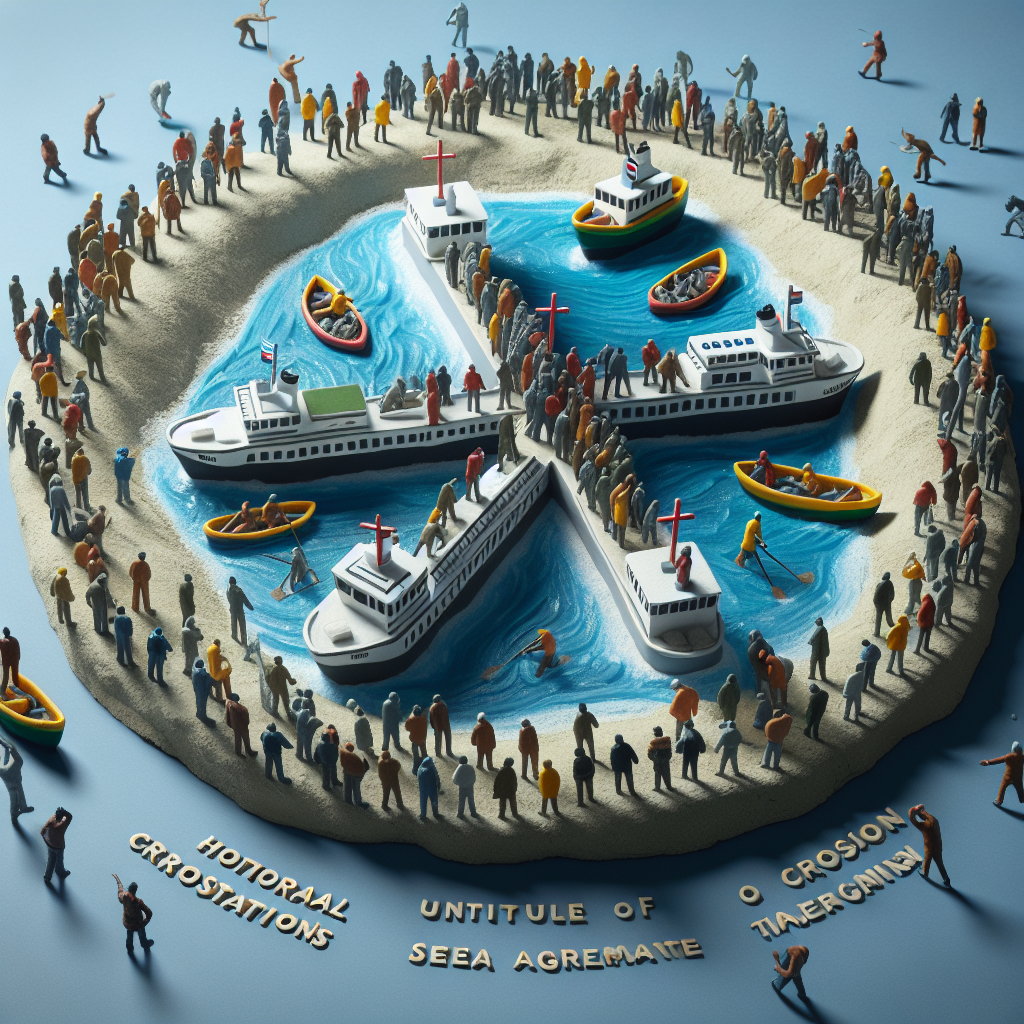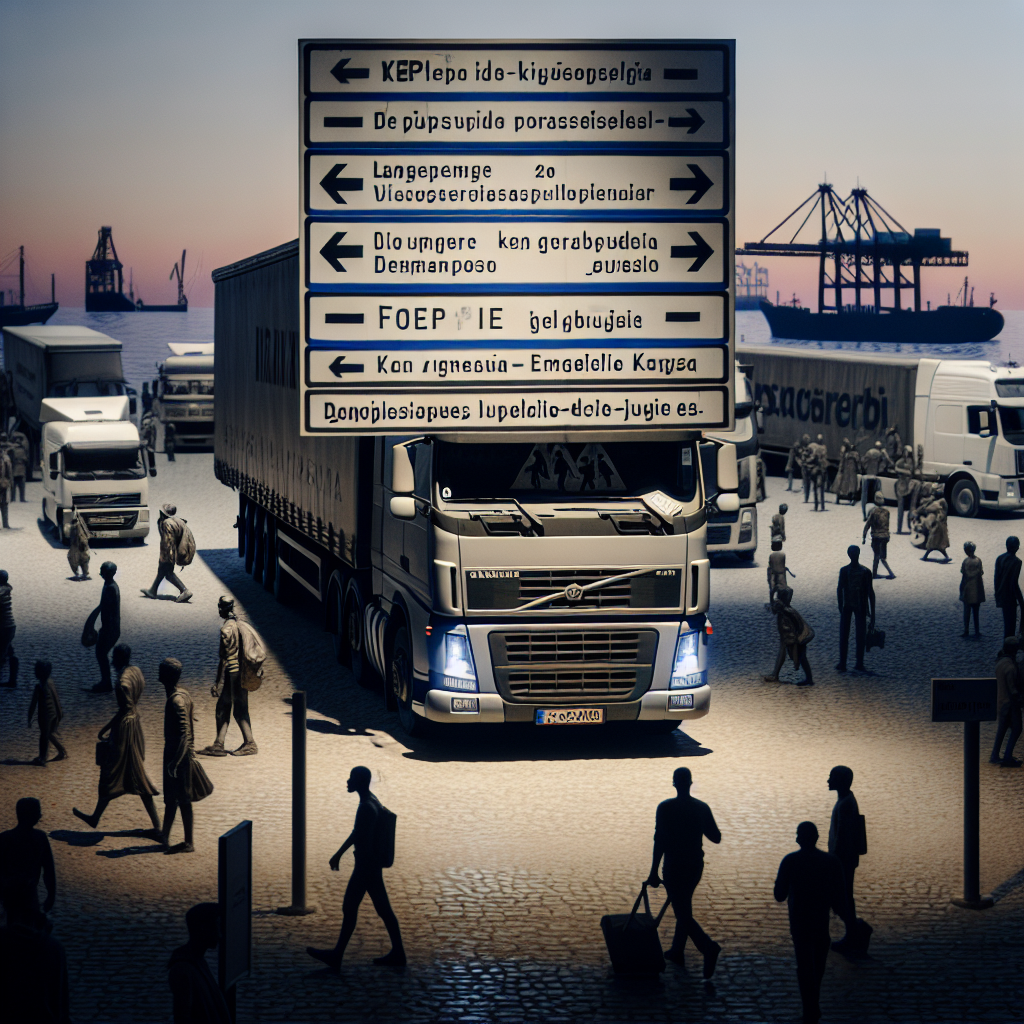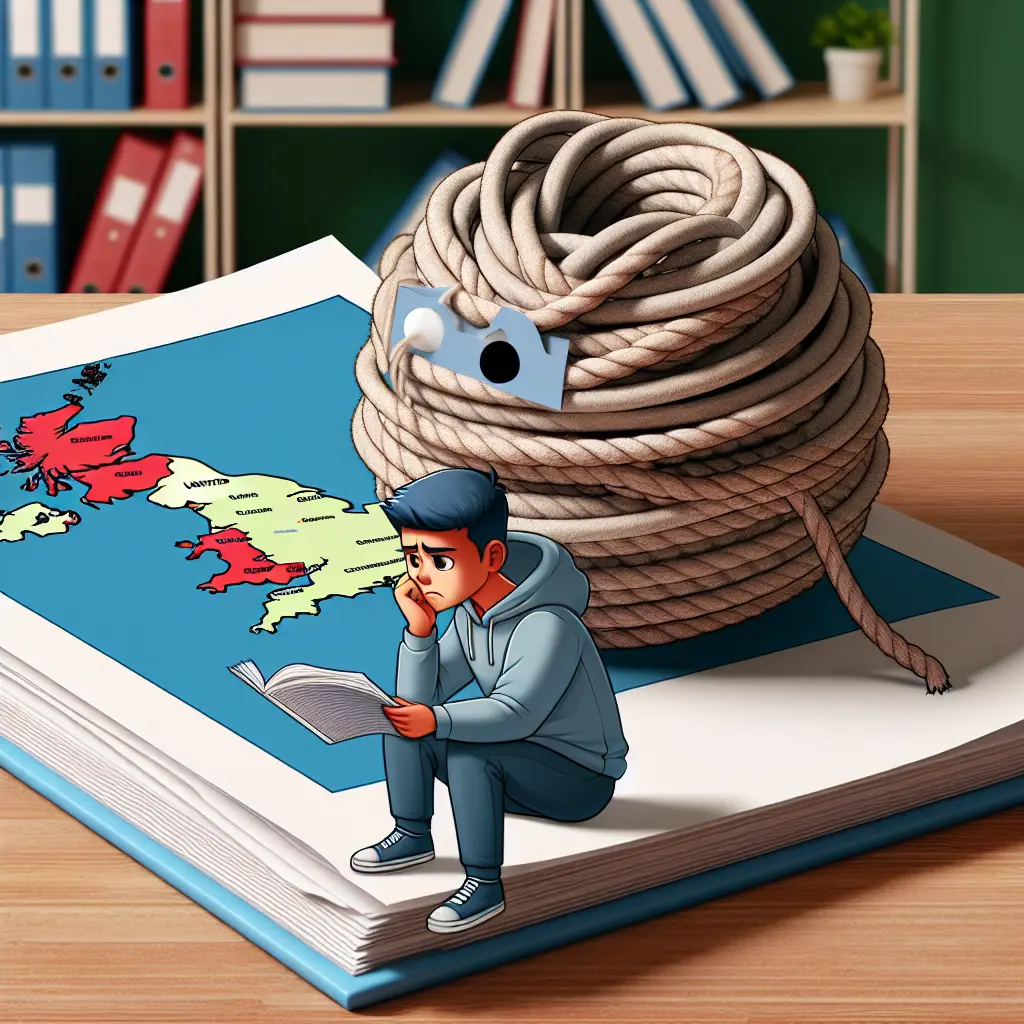The ongoing debate over UK immigration policy has reached new heights, as government officials clash over the effectiveness of cross-Channel cooperation and its broader implications for national interests.
The intersection of UK immigration and international agreements is once again making headlines, as senior politicians call for a reassessment of the UK’s stance towards both migration and trade deals with the European Union. Recent developments highlight growing frustration within the government and among the public over migrant crossings via the English Channel and perceived shortcomings in bilateral cooperation with France.
Channel Crossings: A Record Year
2025 has seen unprecedented numbers of migrants arriving in the UK by crossing the Channel in small boats. Recent figures reveal that over 1,100 migrants arrived in Britain in a single day—the highest daily total so far this year. The annual total to date has reached nearly 15,000, up 42% compared to last year, and almost double compared to 2023. French authorities have intercepted just 38% of attempted crossings this year—a noticeable decrease from previous years. Such statistics underscore a mounting sense of urgency for decisive action.
The Political Response: Demands for Action
Senior members of the UK government, particularly within the Conservative Party, are voicing strong concerns about France’s role in managing migrant flows. The shadow home secretary, Chris Philp, has called for the immediate suspension of a recently proposed 12-year fishing agreement with the EU. He also advocates for tighter conditions on international cooperation, making future trade or access deals contingent upon tangible French efforts to halt illegal crossings. There is increased scrutiny of how allocated funds—amounting to hundreds of millions of pounds—are being used by French authorities. These calls reflect widespread frustration at what are seen as "shocking" scenes, such as French police reportedly observing or even photographing migrants boarding boats without intervening.
The Broader Context: Immigration and National Interests
Immigration remains at the heart of the UK's political discourse, shaping and being shaped by wider diplomatic relations. Points of contention include bilateral accountability, with UK officials arguing that France is not upholding its responsibilities despite substantial financial support from the UK meant to strengthen French enforcement. Trade and security links are under pressure as post-Brexit agreements—including fisheries access and defense pacts—are renegotiated or extended, with increasing calls to link these deals to effective border control measures. Public and political sentiment is deeply divided, with opposition leaders and parties calling for more robust policies.
Key Measures and Future Outlook
The UK government highlights several ongoing efforts to address illegal immigration: enhanced intelligence sharing with international partners, intensified enforcement operations in northern France, and legislative changes aimed at tougher penalties for people smugglers and those facilitating illegal entry. However, there is consensus across the political spectrum that current measures may not be enough. Calls for a “reset” of agreements and a stronger negotiating stance with France indicate a possible shift in UK immigration strategy moving forward.
As discussions evolve, the relationship between UK immigration policy and international cooperation is under intense scrutiny. The challenge lies in balancing the protection of national borders with maintaining key partnerships with European neighbors. The coming months will likely see further debate, new policy proposals, and potentially revised terms for future collaboration.
Public frustration over the migrant crossings has fueled calls for more transparent and results-driven cooperation between the UK and France. With record numbers of arrivals, both governments are under pressure to demonstrate meaningful progress—whether through enhanced law enforcement, technology investments, or stricter policy conditions attached to future agreements.
Ultimately, effective immigration management requires both international collaboration and strong domestic measures. The ongoing debate suggests that significant policy shifts could be imminent, as all sides recognize that current strategies may be insufficient for the scale of the challenge.
Why This Debate Matters Now
The surge in Channel crossings comes at a pivotal time in UK politics, coinciding with broader discussions around post-Brexit identity, trade relationships, and border security. How policymakers respond will not only shape immediate outcomes but also influence the UK's role on the international stage for years to come.
For readers wishing to follow this issue further, updates on legislative changes, bilateral negotiations, and Channel security measures are expected soon. You can access more information about this developing story by visiting this original article.
As the UK navigates these complex challenges, all eyes remain on how national interests will be balanced against international commitments—and what this means for future immigration policy.
Staying informed about UK immigration developments is vital as policies evolve—watch this space for more updates and analysis.









Leave a Comment